Directory
- Share
Ramit Debnath
- Alumni
- India
- 2018 PhD Architecture
- Churchill College

Ramit Debnath
- Alumni
- India
- 2018 PhD Architecture
- Churchill College
With a background in electrical engineering and computational social sciences, I design collective intelligence approaches to provide a data-driven, complex system-level understanding of barriers to climate action in the Anthropocene, their interactions, and how these translate to leverage points for policy and behavioural interventions at scale.
Previously, I held positions at Caltech, Cambridge Computer Laboratory, International Energy Agency, Stanford University and IIT Bombay. I received PhD from the University of Cambridge as a Gates Scholar.
Links
https://camcid.github.io
https://camcid.github.io/people.html
https://www.linkedin.com/in/ramit-debnath-b1980a204
Romain Debroux
- Alumni
- Belgium
- 2018 PhD Physics
- Hughes Hall
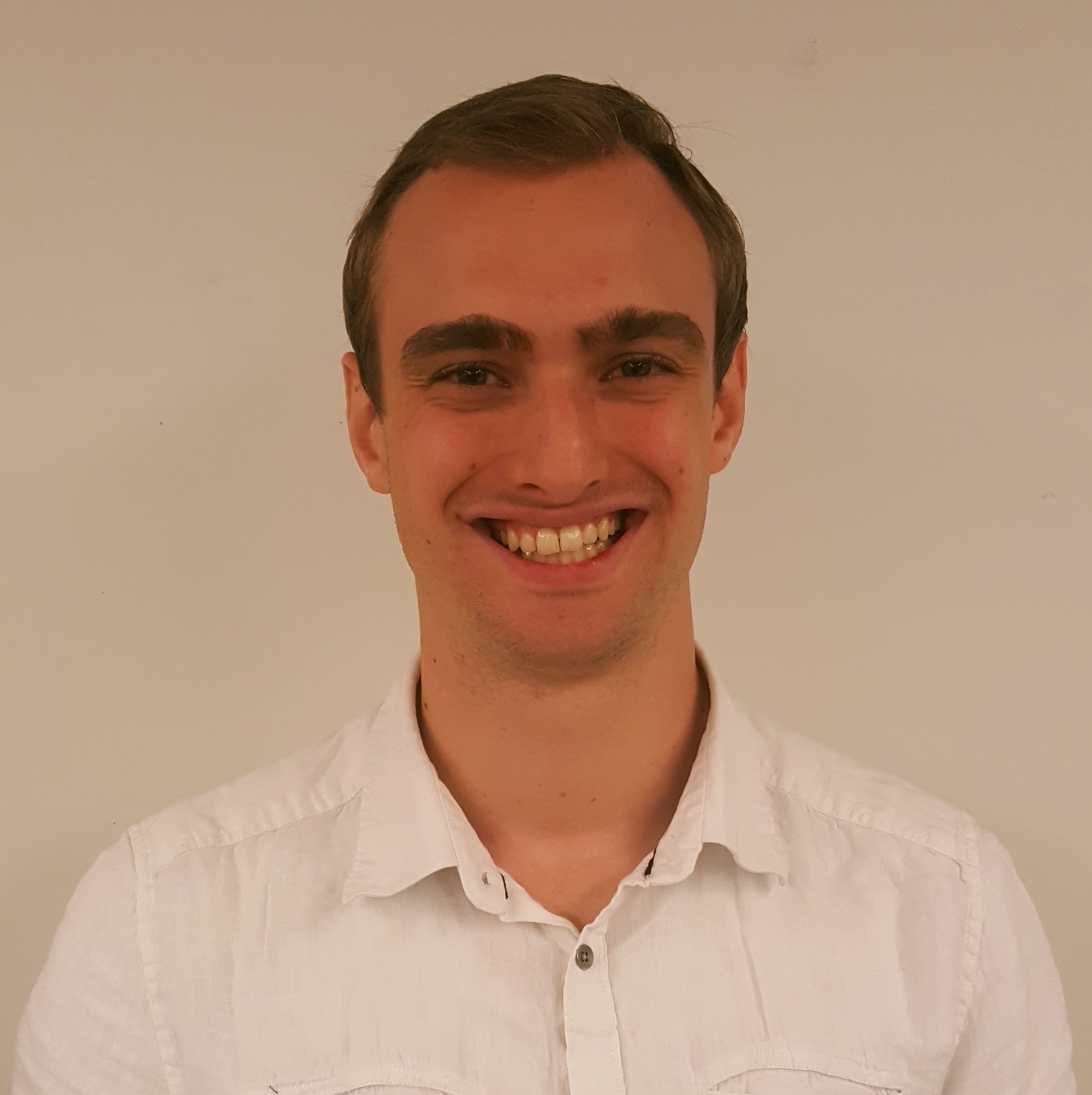
Romain Debroux
- Alumni
- Belgium
- 2018 PhD Physics
- Hughes Hall
Having lived in a variety of countries - Belgium, Cameroon, the USA, and Kazakhstan - has given me a chance to see firsthand the diverse set of problems our global society faces. Growing up, I was motivated by broad endeavors like developing renewable energy sources to allow Cameroon to provide reliable electricity to the most remote parts of their country, lowering the cost of biomedical products so that millions in Kazakhstan have access to basic healthcare, and improving transportation in congested cities in Belgium and the USA. Starting college, I wondered whether there was a path which would allow me to contribute to all of these causes. When I was introduced to quantum computing, I realized this technology had the potential to bring drastic improvements throughout society, especially in the fields of medicine (sequencing DNA), energy (modeling photovoltaics), and transportation (enabling artificial intelligence). This is because quantum computers, using nature's strange phenomena such as "superposition" and "entanglement", could solve in minutes what would take today's best supercomputers the age of the universe to solve. At Cambridge, I aim to study how color centers in diamond can operate as qubits, the essential building blocks of quantum computers. As part of the Gates community and beyond, I hope to engage with scholars from other fields to bring together our various passions towards the common goal of providing new solutions to society's most pressing issues.
Previous Education
Virginia Polytechnic Institute & State University
Timothy Deegan
- Alumni
- Ireland
- 2002 MPhil Computer Science
- Emmanuel College

Timothy Deegan
- Alumni
- Ireland
- 2002 MPhil Computer Science
- Emmanuel College
Surrin Deen
- Alumni
- Trinidad and Tobago
- 2014 PhD Radiology
- Trinity Hall

Surrin Deen
- Alumni
- Trinidad and Tobago
- 2014 PhD Radiology
- Trinity Hall
Surrin is a medical doctor based at Addenbrooke's Hospital and Cancer Research UK, Cambridge Institute, with a background of undergraduate studies in Medical Physics and Bioengineering.
His research at Cambridge is translational and involves the use of MRI to image metabolism in ovarian and other cancers after the injection of tracers labelled with hyperpolarized nuclei that enhance detection by a factor of several thousand fold.
The imaging results are compared to histology and immunohistochemistry of cancerous tissue sampled by biopsy and at surgery to validate the findings of the imaging and to show that it is possible to detect cancers earlier and to non-invasively monitor the response of cancers to different treatments using hyperpolarized nuclei.
Natasha Degen
- Alumni
- United States
- 2007 MPhil History of Art and Architecture
2008 PhD History of Art - Trinity College
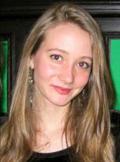
Natasha Degen
- Alumni
- United States
- 2007 MPhil History of Art and Architecture
2008 PhD History of Art - Trinity College
Daniel DeGroff
- Alumni
- United States
- 2007 MPhil European Literature and Culture
- Fitzwilliam College
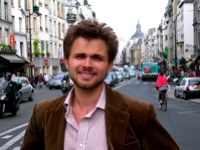
Daniel DeGroff
- Alumni
- United States
- 2007 MPhil European Literature and Culture
- Fitzwilliam College
Born in California, raised in Florida, I have an undergraduate degree in history and literature from FSU. I was awarded an MA from the University of York (UK), where I studied on a Rotary Scholarship for a dissertation treating the history of counter-revolutionary thought in France. At Cambridge I wrote an MPhil thesis treating the novels and political thought of the French writer Maurice Barres. I recently completed my PhD in French History at Queen Mary, University of London. I live with my wife in York, England.
David Deitz
- Alumni
- United States
- 2006 MPhil History & Philosophy of Science & Medicine
- Girton College
David Deitz
- Alumni
- United States
- 2006 MPhil History & Philosophy of Science & Medicine
- Girton College
I have a wife (Laura) and three girls
Surya Pratap Deka
- Scholar
- India
- 2021 PhD Education
- Fitzwilliam College
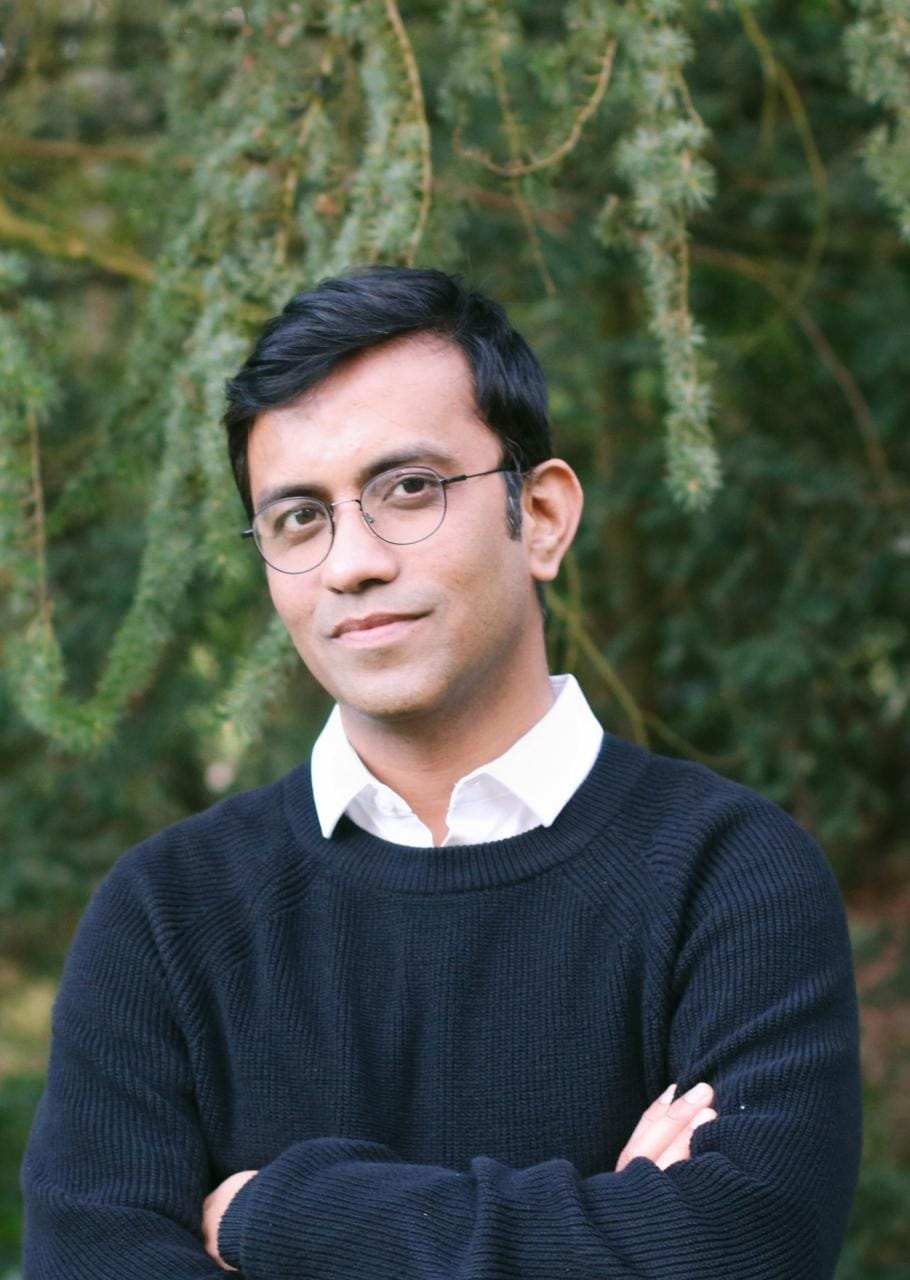
Surya Pratap Deka
- Scholar
- India
- 2021 PhD Education
- Fitzwilliam College
As an educator and researcher, I have spent thousands of hours in classrooms across India, exploring why some research translates to meaningful change in schools and why some don’t. My doctoral study seeks to envision a rigorous and humane research architecture in education that engages with epistemological diversity and aims to transform schools from within. Specifically, I will study how knowledge that emerges from critical and self-reflexive practitioner inquiry can enter into a horizontal dialogue with dominant knowledge paradigms to enrich both research and practice in emancipatory ways. Born in the north-eastern state of Assam, I bring to my doctoral studies a decade-long experience of running a free school for a disadvantaged community in rural India. Through Flourishing Minds Foundation, a non-profit organisation I founded in 2011, I have also engaged extensively with the larger educational ecosystem - schools, government bodies, multinational agencies and NGOs - to integrate neuropsychological research with lived experience to foster learning and well-being in schools. In the future, I intend to set up a research and advocacy institute in India that facilitates interdisciplinary work between practitioners and researchers in education.
Cynthia DeKlotz
- Alumni
- United States
- 2002 CASM Mathematics
- Queens' College

Cynthia DeKlotz
- Alumni
- United States
- 2002 CASM Mathematics
- Queens' College
Natalia Del Campo
- Alumni
- Spain
- 2006 PhD Psychiatry
- Clare College

Natalia Del Campo
- Alumni
- Spain
- 2006 PhD Psychiatry
- Clare College
Trained as a psychologist in Madrid (Spain) and as a neuroscientist in Utrecht (The Netherlands), I'm very interested in the interface between neuropsychology and fundamental neuroscience as a way to identify the neuro-biological mechanisms underlying psychopathology. For my PhD, I am combining various neuroimaging techniques with psychopharmacology, neuropsychological testing and genetic profiling on various psychiatric patient groups, such as attention deficit/hyperactivity disorder (ADHD).
Carlos Del Cueto
- Alumni
- Mexico
- 2006 MPhil Musicology
2007 PhD Musicology - Clare College
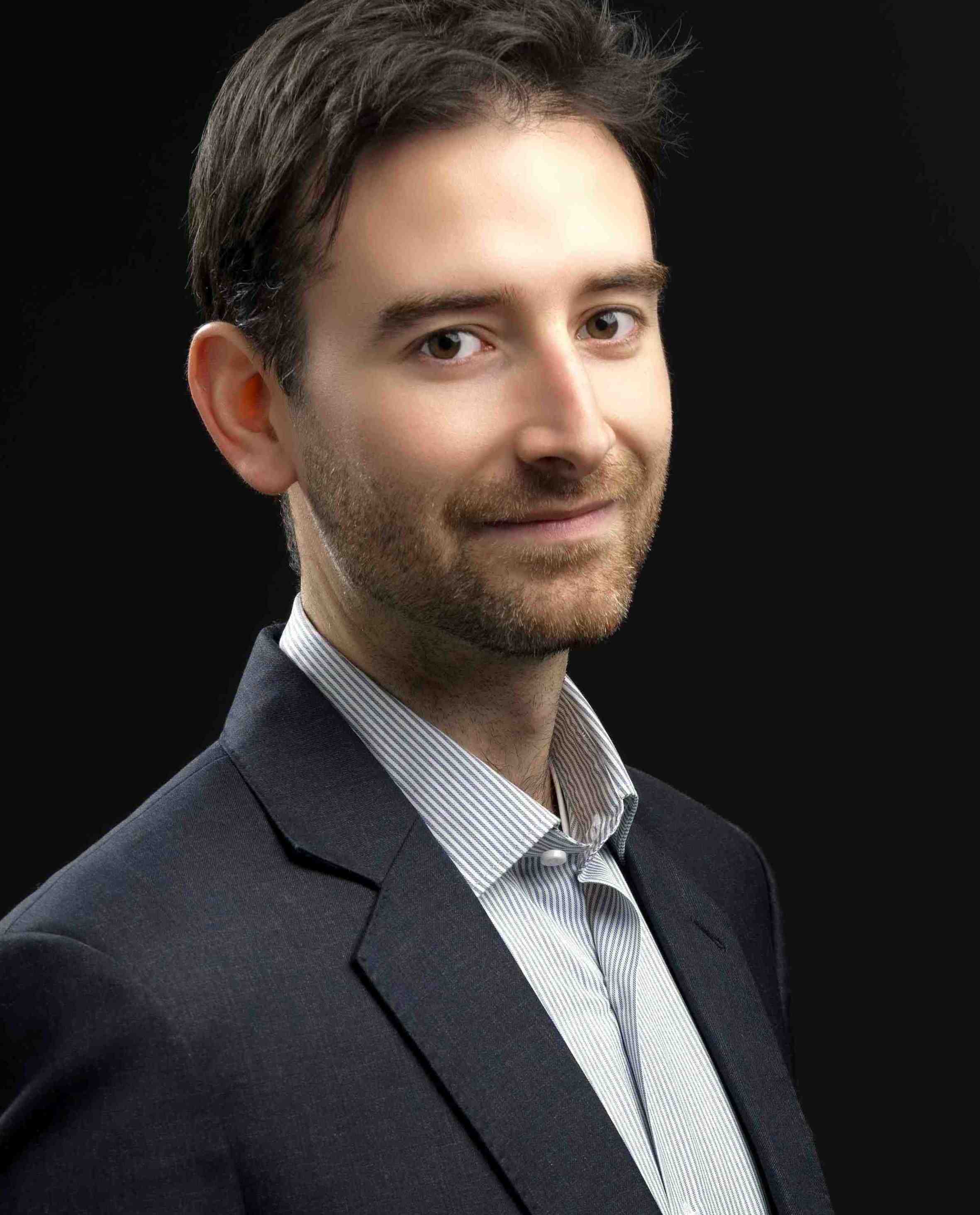
Carlos Del Cueto
- Alumni
- Mexico
- 2006 MPhil Musicology
2007 PhD Musicology - Clare College
Previous Education
University of Cambridge PhD Music 2011
University of Cambridge MPhil Musicology 2007
University of Cardiff BA Music Studies 2005
Stanislav Delaurentiis
- Scholar
- United States
- 2023 MPhil Mathematics
- Trinity College
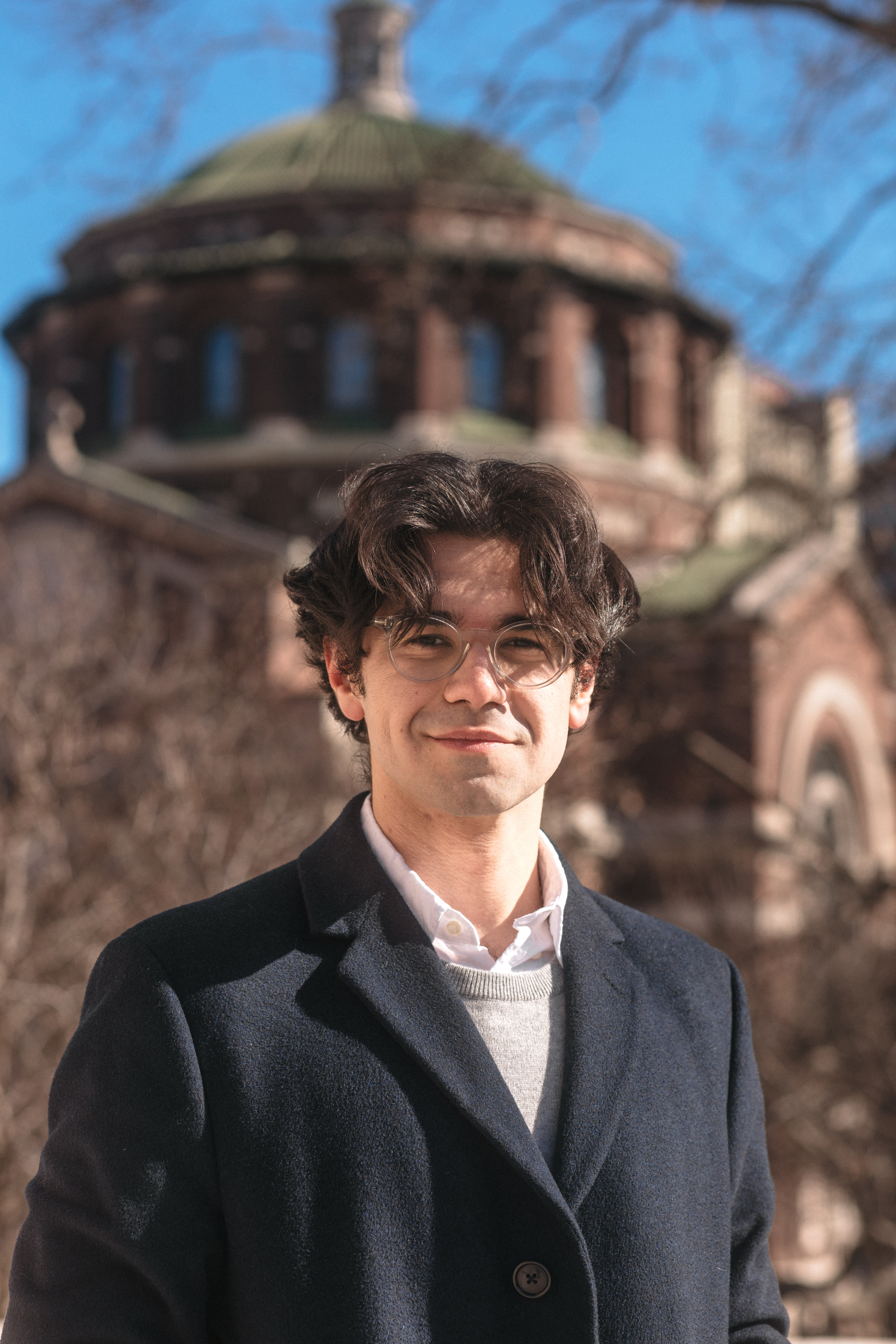
Stanislav Delaurentiis
- Scholar
- United States
- 2023 MPhil Mathematics
- Trinity College
Raised in New Jersey, I completed my B.A. in Astrophysics at Columbia University in the City of New York. As an undergraduate, I fell in love with asking the astrophysical questions that lied at the intersection of the blackboard and the computer. During my doctoral studies at the University of Cambridge’s Department of Applied Mathematics and Theoretical Physics I will work with the Theoretical Astrophysics group to study the galactic center, focusing on characterizing the fluid and planetary dynamics that govern Super-Massive Black Hole accretion disks and the objects that are embedded within them. Developing theoretical models and computational simulations to study this physics has wide applications to research in cosmology, gravitational waves, and plasma. In addition to my research, I am passionate about democratizing science education and developing a diverse and international community of scientists. The task of pushing the frontier of knowledge and uplifting the human condition is inherently interdisciplinary, international, and difficult, but as a Gates-Cambridge Scholar I look forward to working towards strategies and solutions together with the global and multi-faceted community of fellow Gates-Cambridge scholars.
Previous Education
Columbia University Astrophysics 2023
Luisa Dell
- Scholar
- United States
- 2024 PhD Chemical Engineering
- Pembroke College
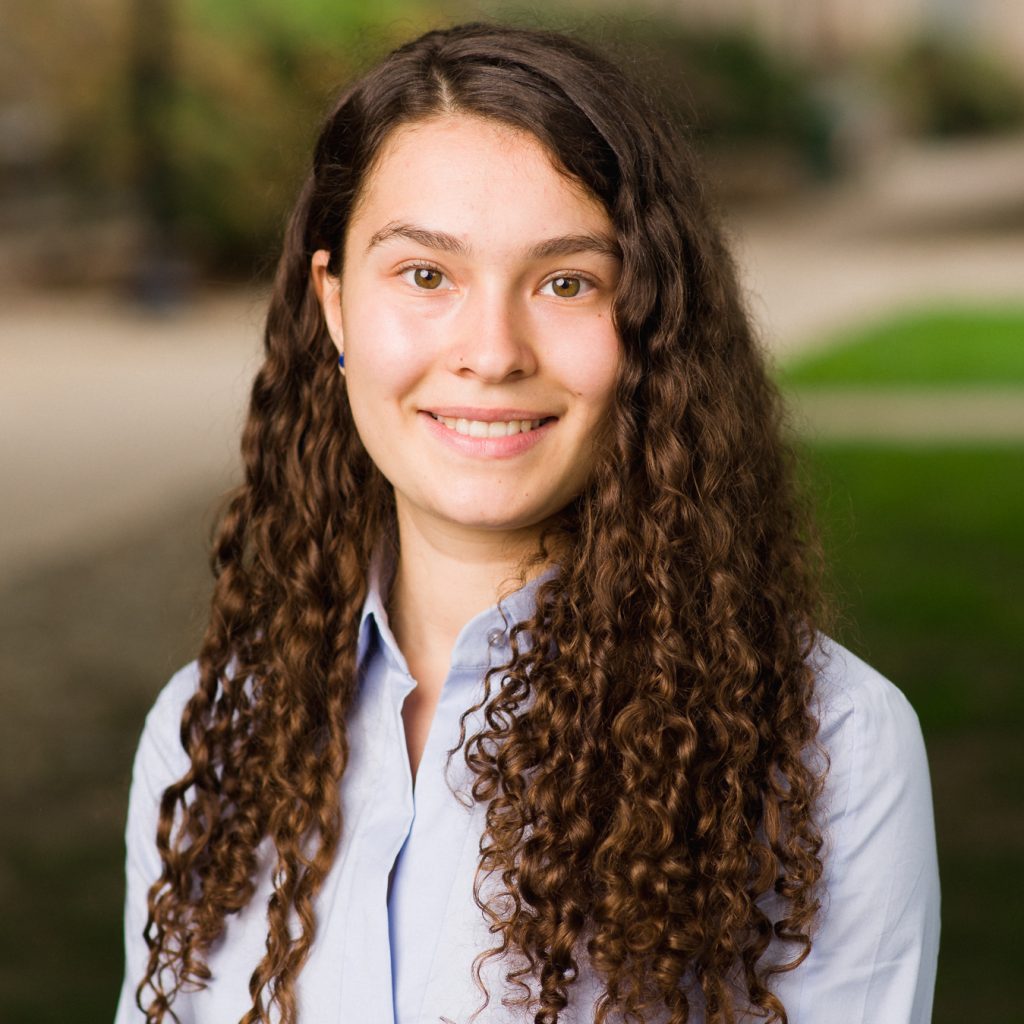
Luisa Dell
- Scholar
- United States
- 2024 PhD Chemical Engineering
- Pembroke College
Originally from Monterey, CA I completed my BS in Chemical Engineering at the University of California, Berkeley after transferring from Monterey Peninsula College. Throughout my educational career, I developed my passion for research in synthetic biology, mentorship, and outreach. At Cambridge, I hope to overcome contemporary uropathogenic Escherichia coli antibiotic resistance and other bacterial resistance towards UTIs through the discovery of novel alternatives to traditional beta-lactam antibiotics. After my PhD, I hope to continue research projects that will advance global health as well as increase diversity in STEM education.
Previous Education
University of California, Berkeley Chemical Engineering 2023
Monterey Peninsula College Chemical Engineering 2021
Juliana Demartini Brito
- Alumni
- Portugal
- 2018 PhD Multi-disciplinary Gender Studies
- Corpus Christi College
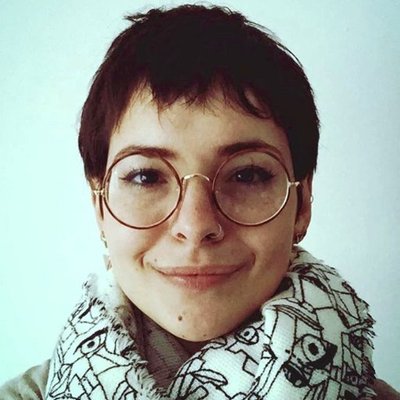
Juliana Demartini Brito
- Alumni
- Portugal
- 2018 PhD Multi-disciplinary Gender Studies
- Corpus Christi College
Born in Sorocaba, Brazil, I grew up understanding that there are a set of cultural barriers for LGBT individuals within the country. Because of that, in my undergraduate studies in Comparative Literary and Cultural Studies and Political Science at Franklin University Switzerland, topics of gender, sexuality and the nation in Latin America moved my academic enquiries. My current MPhil program in Multi-disciplinary Gender Studies at the University of Cambridge continues to reflect my interest for these questions, as my dissertation examines how representations of trans and queer aging women in Brazil interact with the country's nation-state paradigm through image, film and text. For my PhD dissertation, I hope to write a comparative analysis between Argentina and Brazil regarding their queer futurity discourse within LGBT assemblies. I aim at mapping the dialogical relations between queerness and liberal notions of progress and the future that took place while the countries moved toward democratic regimes in the 1980s. By doing so, I hope to explore how these notions have contributed to the configuration of the current LGBT assemblies discourse of queer futurity. With my research, I hope to strengthen the tie between theory and activism, as well as collaborate to new developments in the direction of LGBT movements from local to international levels by advancing the debate on the shapes the dialogue of queer futurity takes across cultures.
Previous Education
Franklin University Switzerlan
University of Cambridge
Akhila Denduluri
- Alumni
- India
- 2017 PhD Chemistry
- Murray Edwards College (New Hall)
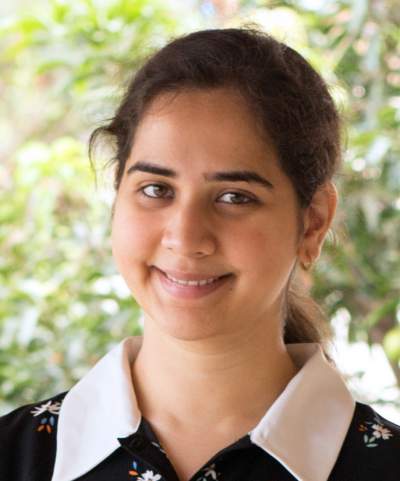
Akhila Denduluri
- Alumni
- India
- 2017 PhD Chemistry
- Murray Edwards College (New Hall)
I was born and brought up in South India. I chose to pursue bioengineering as an undergraduate to study the human body from the perspective of a structure-function relationship defined within a mathematical framework. As part of my Masters in biomedical engineering at Johns Hopkins, I worked on developing a polymer based gene delivery therapy for brain tumours and explored ways of making this technology available to patients. As a PhD student in Chemistry at Cambridge, I hope to work on developing biophysical tools to better understand and elucidate the protein chemistry and associated toxicity in neurodegenerative diseases. However, in many parts of the world, there is a large gap between the availability and financial accessibility of life-changing technologies. This has been partly informed by my upbringing in India and my work with non-profits developing public health interventions. As part of the Gates Cambridge community, I aspire to address this gap by working at the intersection of research and social entrepreneurialism to improve the standard of care in low and middle income countries.
Previous Education
University of California Riverside
Johns Hopkins University
Evelyn Denham
- Alumni
- United States
- 2012 MPhil European Literature
- Gonville and Caius College
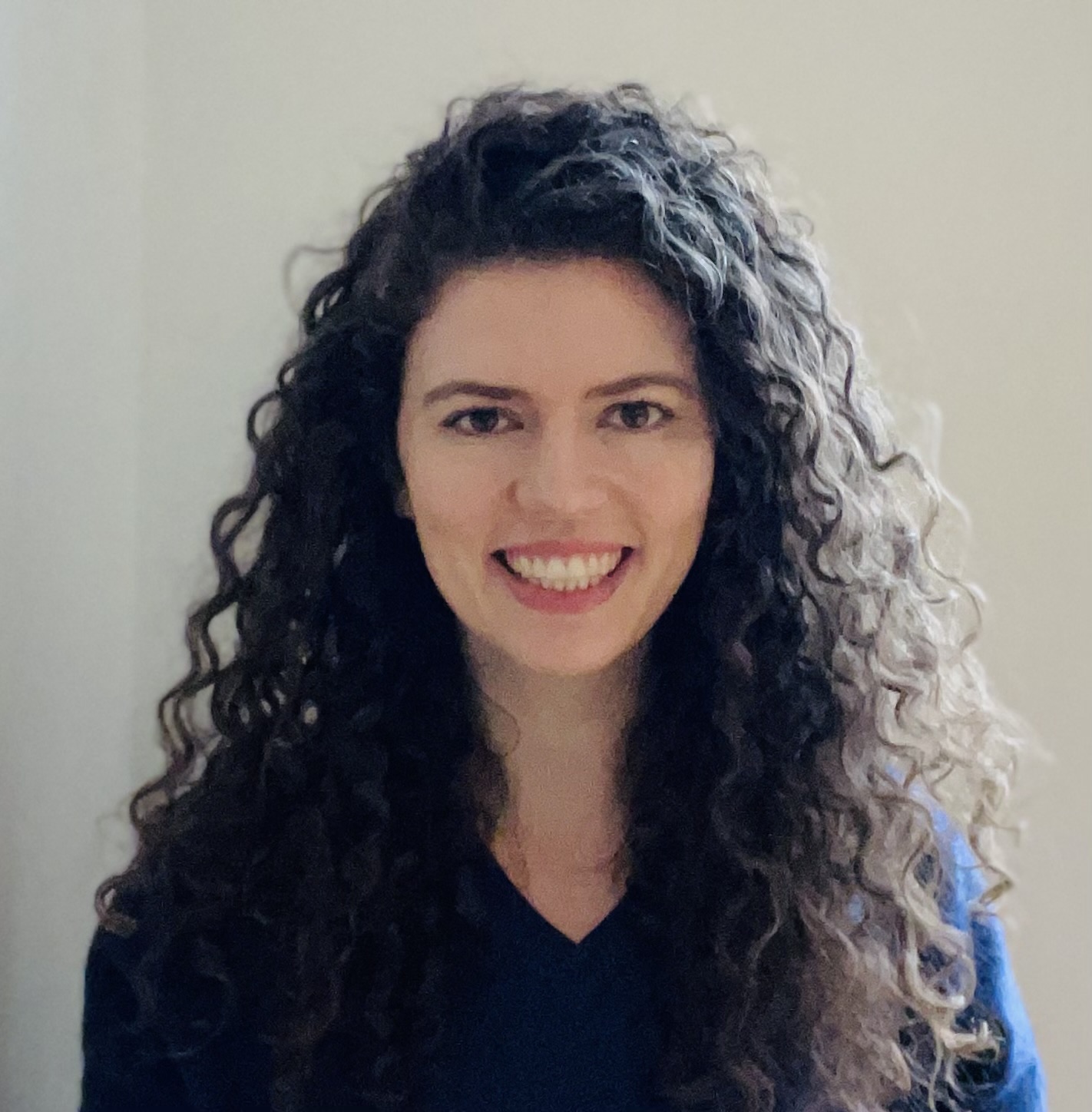
Evelyn Denham
- Alumni
- United States
- 2012 MPhil European Literature
- Gonville and Caius College
I grew up in Davidson, North Carolina and Williams College. As a Gates Scholar, I completed an MPhil in European Literature and Culture, concentrating on Early Modern German. As an undergraduate, I spent the past two summers researching eighteenth-century ceremonial diplomatic encounters between the Habsburg and Ottoman Empires. This research challenged essentialized views of the relationship between the Ottoman Empire and Central Europe and contextualized today’s debates about European culture. At Cambridge, I continued to study the early modern world, focusing on early modern German literary and historical representations of diplomatic friendship.
After my time at Cambridge, I worked in educational publishing in Boston and New York, as well as in public health during the Covid-19 pandemic. I now live in Berlin, Germany, where I work in communications and strategy for Ekin Deligöz, a representative in the German parliament and the Parliamentary State Secretary (deputy minister) of the German Ministry for Families, Seniors, Women, and Youth.
Amanda Dennis
- Alumni
- United States
- 2005 MPhil European Literature
2006 PhD French - Trinity College
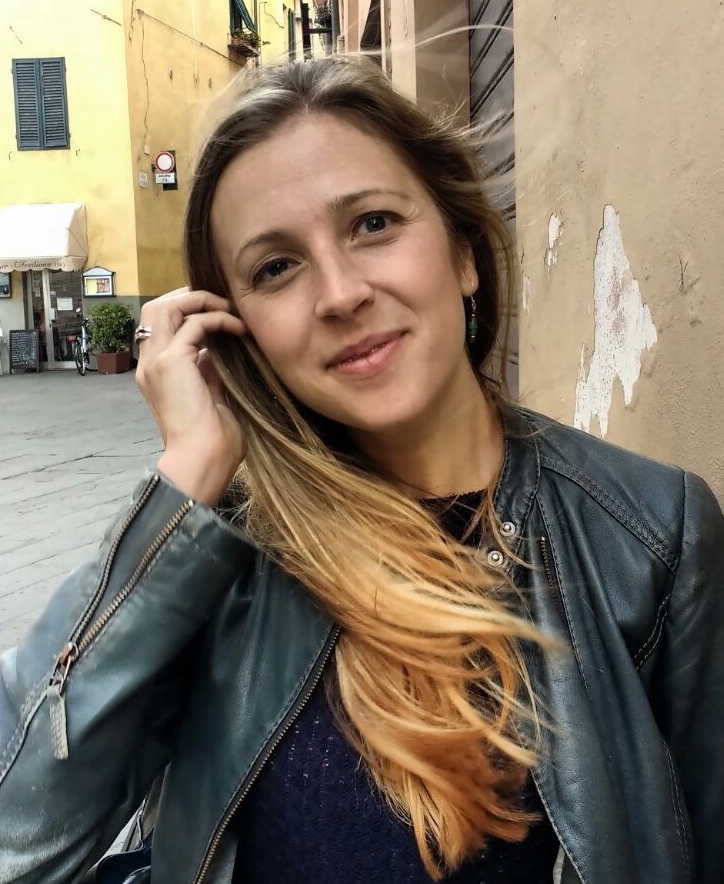
Amanda Dennis
- Alumni
- United States
- 2005 MPhil European Literature
2006 PhD French - Trinity College
Born in Philadelphia, Amanda Dennis studied modern languages at Princeton and Cambridge Universities before earning her PhD from the University of California, Berkeley and her MFA from the Iowa Writers’ Workshop, where she was awarded a Whited Fellowship in creative writing. An avid traveler, she has lived in six countries, including Thailand, where she spent a year as a Princeton in Asia fellow. She is the author of the novel, Her Here (2021), and of the book of literary criticism, Beckett and Embodiment (2021), and she has written about literature for the Los Angeles Review of Books, The Times Literary Supplement, and Guernica, as well as for a number of academic books and journals. She is assistant professor of English, Comparative Literature, and Creative Writing at the American University of Paris
Links
https://www.aup.edu/profile/adennis
https://www.amandadennis.net
https://www.facebook.com/amanda.dennis.9638
https://www.linkedin.com/in/amanda-dennis-6a560013
Gillean Denny
- Alumni
- United States
- 2007 MPhil Environmental Design in Architecture
2008 PhD Architecture - Jesus College

Gillean Denny
- Alumni
- United States
- 2007 MPhil Environmental Design in Architecture
2008 PhD Architecture - Jesus College
Continuing from my MPhil research in sustainability and urban planning, my current PhD work seeks to determine the direct impact of Urban Agriculture on an individual’s ecological footprint. In the wider world of art and design, theatre sets, the Jesus May Ball, the culinary arts, and my own sketchbook make my days in Cambridge a true joy.








